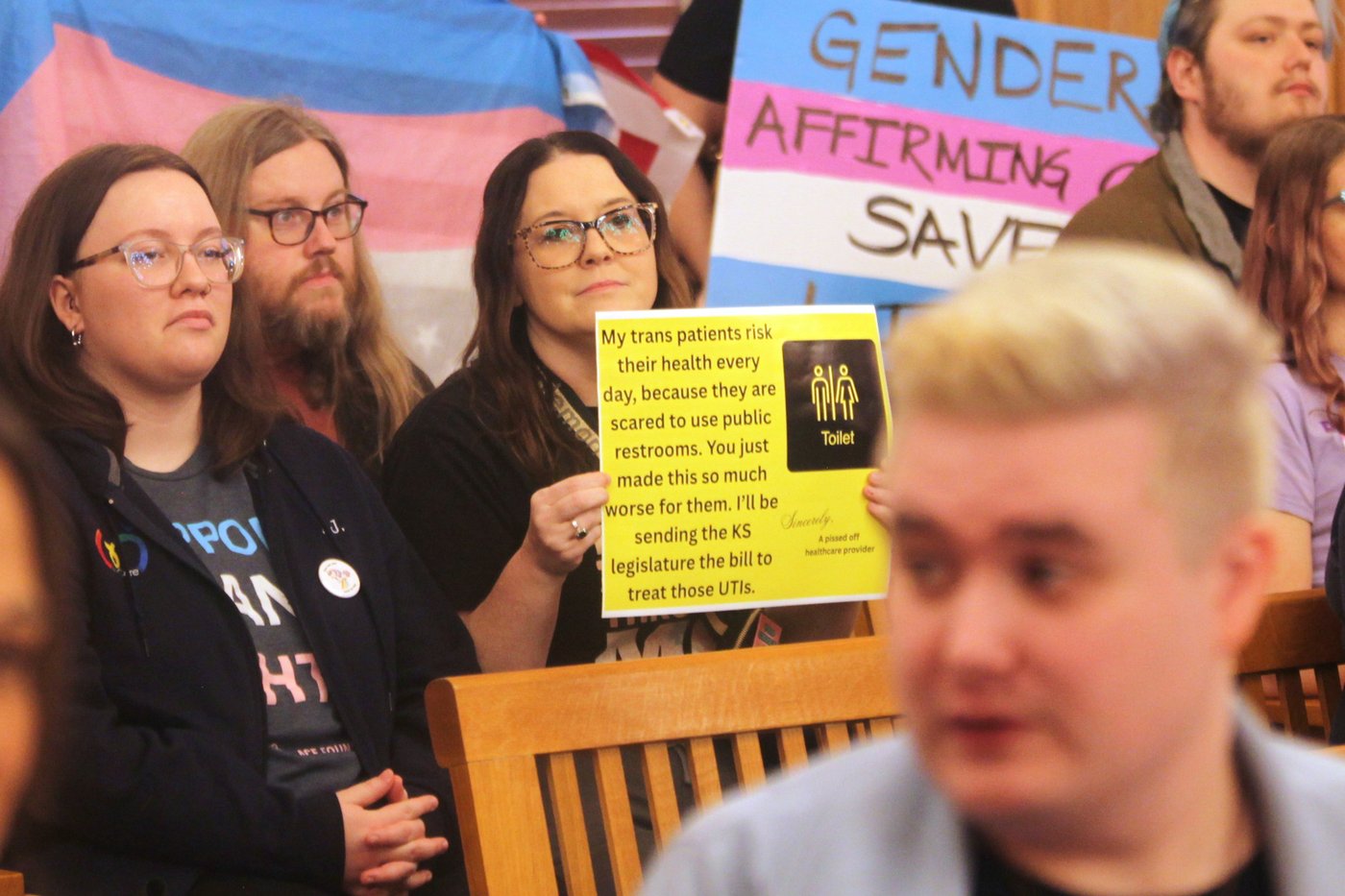BC woman who inherited $1.8M fights to stay in subsidized housing
A BC woman who inherited $1.8 million has failed in her attempt to change her mother's will so she wouldn't lose her disability benefits and housing.
According to a Feb. 10 BC Supreme Court decision, Kathryn Elizabeth Damgaard lives on a $17,000-a-year disability benefit and has her $445 rent covered by the province.
Damgaard lives in a subsidized housing development which stipulates that residents must earn less than $58,000 annually to qualify to live there.
However, Damgaard's mother died in 2023 and left her $1.8 million in her will and the amount might even be more when it's all finalized.
The decision said Damgaard's two other siblings also inherited $1.8 million each.
While most would be very happy with the money, Damgaard's windfall would see her have to move from her Vancouver subsidized housing development.
"My current residence... is the first residence where I have been able to sleep and I feel safe," Damgaard said in the decision. "I live in a corner unit in the building at the end of a hall where sound is minimized. The location... is also important as it is in a quiet part of Vancouver."
The 63-year-old applied to the court to change her mother's will and pay the money into a trust instead.
"The intended impact of the discretionary trust is to ensure that (she) does not lose her entitlement to disability benefits, and therefore her housing with the Housing Society," the decision read.
The decision said in BC, courts have the authority to overturn a person's will if it doesn't meet a person's legal or moral obligations.
To win her case, Damgaard had to prove her mother didn't meet her "moral" obligation and should have drafted a will that put the money into a trust.
Justice Steven Wilson noted that trusts do exist for people who have inherited money but don't want to lose their disability benefits.
These trusts are often for people who can't manage their own affairs and who inherit much more modest amounts.
READ MORE: Kamloops' unemployment rate rises while Kelowna’s drops
"Persons with disabilities often have additional expenses that are not covered by their disability benefits. A trust will provide the person with the ability to pay for those necessities, in addition to the ability to pay for other things that may not be strictly necessary but might otherwise improve their quality of life," Justice Wilson said.
However, the Justice said the evidence of what Damgaard's extra expenses were out of her $1,260 disability payments was sparse and she hadn't said how much a physiotherapist, therapist and personal trainer would cost, only that she couldn't afford them.
"While I have no doubt that providing for some of the extras in life is an entirely reasonable use of trust funds given the very minimal benefits that a person might receive by way of disability benefits, there is no evidence of either the cost or the usage of these various medications or treatment modalities," the Justice said.
Damgaard instead stressed her desire to keep living where she was.
"I have looked into non-subsidized senior’s housing, but have been informed that because of the housing shortage in British Columbia, the wait for a unit in a senior’s building is approximately three years," the decision read. "It is critical that I live in a quiet building in a quiet environment."
However, the Justice said that while she liked her current accommodation, she wasn't living there when her mother wrote the will so she couldn't argue her mother had failed in her moral obligations.
"It is also difficult to accept that a unit in a subsidized housing facility represents the only 'quiet' accommodation in Vancouver," the Justice said.
The Justice noted if the money went into a trust the taxpayers of the province would be paying for her maintenance and support.
"I recognize that circumstances would undoubtedly be very different if the estate were modest, such that a direct distribution would disentitle her from receiving benefits and supports in the short term, only to return to needing those supports in relatively short order once the modest distribution had been exhausted," the Justice said.
"If Kathryn’s share of the estate provides her with sufficient funds to meet all of her needs and a great many of her wants, without (resorting) to publicly funded disability benefits, the provisions of the will may be entirely appropriate," the Justice said.
Ultimately, the Justice refused to amend the will but did note that she could appeal his decision.
To contact a reporter for this story, email Ben Bulmer or call (250) 309-5230 or email the editor. You can also submit photos, videos or news tips to the newsroom and be entered to win a monthly prize draw.
We welcome your comments and opinions on our stories but play nice. We won't censor or delete comments unless they contain off-topic statements or links, unnecessary vulgarity, false facts, spam or obviously fake profiles. If you have any concerns about what you see in comments, email the editor in the link above. SUBSCRIBE to our awesome newsletter here.




